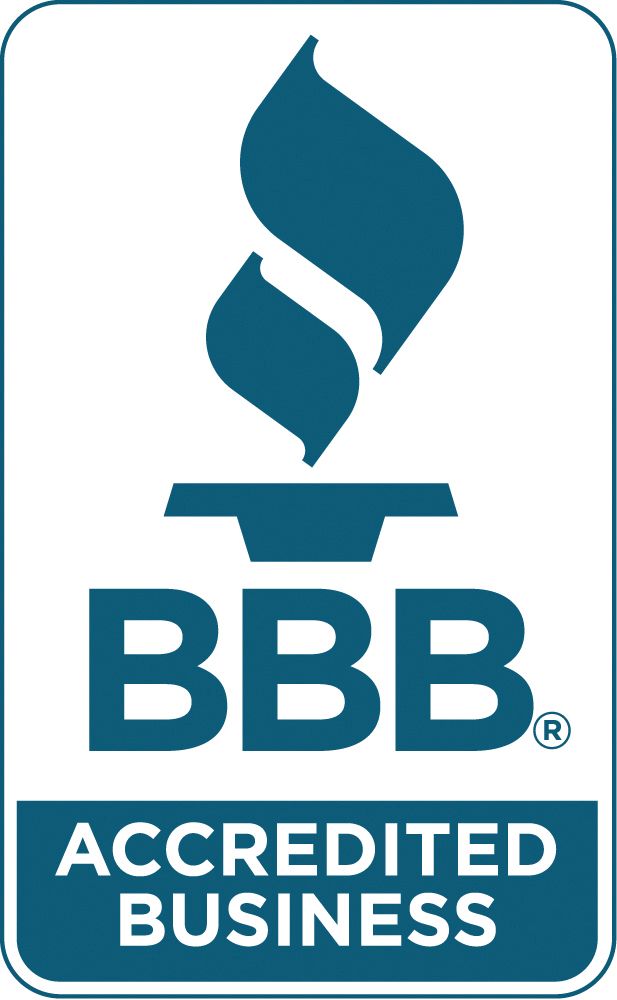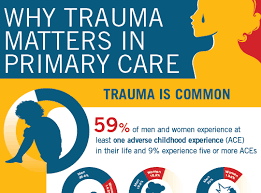Parenting Stress and Child Maltreatment
The effects of parenting stress on child maltreatment or abuse are well known. According to a study published by the National Institute of Health, “the intersection of parenting stress and maltreatment underscores the importance of understanding the factors associated with parenting stress among child welfare involved families.” For both families receiving in-home supervision or children in out-of-home care, “parenting stress was predicted by child mental health, a finding with critical implications for intervention to this vulnerable group of families.”
Parenting stress became more evident during the COVID pandemic. Before it, parents who exhibited signs of depression, anxiety, or stress were seen in medical clinics, schools, or community organizations. At these crisis points, they received services critical to improving their well-being and child management. But with COVID, these resources shrunk due to social distancing and isolation. According to research conducted by Drs. Wu and Xu, the Family Stress Model is one theory about how the pandemic affected parents. When parents had a positive perception of the stressor (COVID), plus strengths and resources, their parenting skills were stable. However, for many parents already without these skills or resources, COVID exacerbated their previous capabilities and created higher levels of abuse and child maltreatment.
Additionally with school closures and therefore lack of childcare, increased parenting stress levels and potential child maltreatment occurred. Dr. Kurata and their colleagues in their cross-national study indicated, “These results indicate the need to improve the mental health of caregivers who are at risk for higher levels of parenting stress during the COVID-19 pandemic in Asian countries as well as Western countries. These results indicate that there is a need to improve the mental health of caregivers who are at risk for higher levels of parenting stress during the COVID-19 pandemic globally.”
One approach for reducing parenting stress is to combine their well-being and self-care with the parenting approach. Many parenting programs tend to focus solely on the parenting approach. But with parents as indicated above who are too stressed to concentrate on how to structure their child, these programs may fall short. Parents who receive education about themselves and how to manage their stress can then be successful with their children. Integrating a strategy of learning parental coping skills along with knowledge about the child’s needs provides a comprehensive plan. This approach, similar to the Family Stress Model, offers additional strengths and resources to the parent. They perceive stressors as COVID with feelings of empowerment rather than failure and step up to life’s pressures. Through these approaches, parenting stress and child maltreatment are reduced.
With April being National Child Abuse Prevention Month, organizations need to find positive solutions to reduce the connection between parenting stress and child maltreatment.
Praxes offers its Intensive Parent Model for parents to reduce their stress and improve their child’s behavior. For more information about training for your organization, please contact us.
You might also like
Effective and Efficient School-Based Mental Health
Book a Service Today
We will get back to you as soon as possible
Please try again later
Contact Us
Address:
Praxes Behavioral Health
5236 Saint George Rd
Westminster, CA 92683
Website Map

All Rights Reserved | Praxes Behavioral Health



